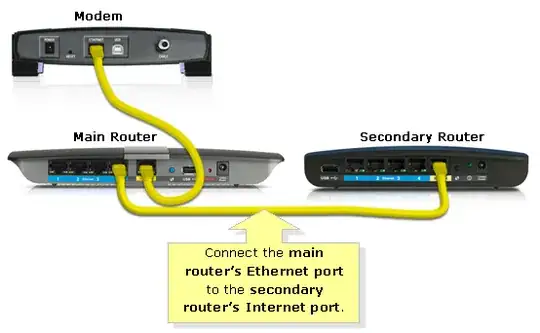Conceptually, there are three ways to use "routers" (as in "home routers you can buy as physical device"):
1) A simple switch/bridge. This works on OSI level 2. All LAN and WAN ports share the same segment (e.g. 192.168.1.*). The installed firmware often cannot set this up, you may need to install an open-source firmware like OpenWRT.
This is the simplest and best setup if you just want to extend your LAN.
2) A real router that connects different LAN segments (e.g. 192.168.1.* on the WAN port, and 192.168.2.* on the LAN ports). It will forward packets between the different segments. Most home routers can be configured for this.
3) In the default configuration, a home router is configured as (2), and in addition it does NAT (network address translation) between LAN and WAN. This is because your ISP only gives you a single IP address, so the router pretends towards the ISP that there is just a single computer in your LAN, when in fact there are several. It also offers services like DHCP to computers in your LAN.
This configuration is not desirable for a second router, because the first router already does NAT, leading to "double NAT".
So, my recommendation would be to setup the second router for (1) (if possible) or (2), depending on your requirements. After you've decided on that, you assign LAN segment prefixes and internal IP addresses for the routers.
If you just think about "what IP address must I assign in the GUI", you are still missing some fundamentals about networking, and I'd suggest to read some tutorials.
